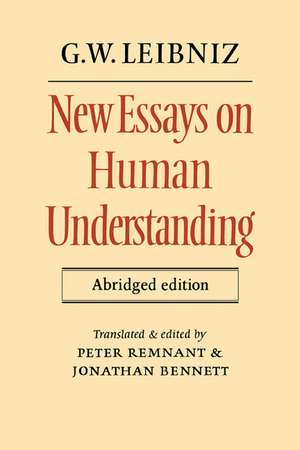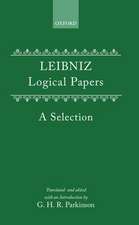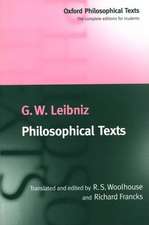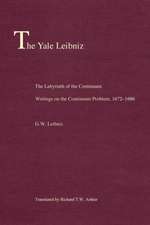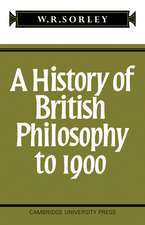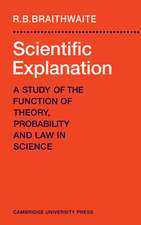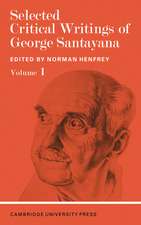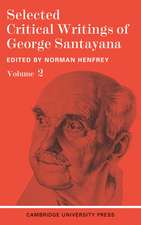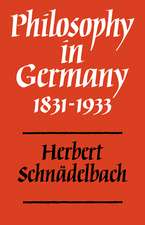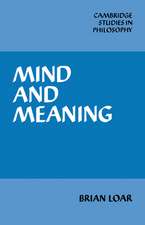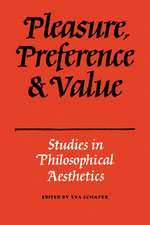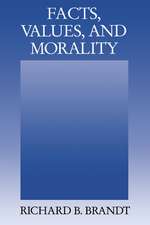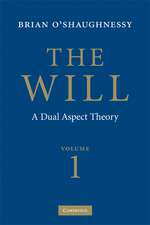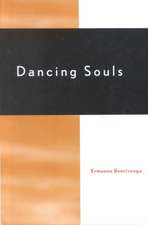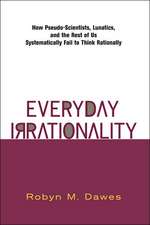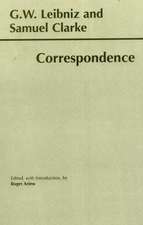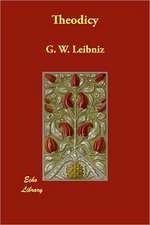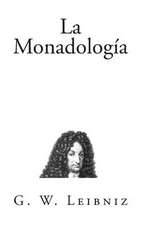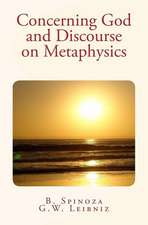New Essays on Human Understanding Abridged edition
Autor G. W. Leibniz Peter Remnant, Jonathan Bennetten Limba Engleză Paperback – 6 oct 1982
Preț: 226.35 lei
Nou
Puncte Express: 340
Preț estimativ în valută:
43.31€ • 45.31$ • 35.98£
43.31€ • 45.31$ • 35.98£
Carte tipărită la comandă
Livrare economică 02-16 aprilie
Preluare comenzi: 021 569.72.76
Specificații
ISBN-13: 9780521285391
ISBN-10: 0521285399
Pagini: 312
Dimensiuni: 152 x 229 x 18 mm
Greutate: 0.46 kg
Ediția:Prescurtată
Editura: Cambridge University Press
Colecția Cambridge University Press
Locul publicării:New York, United States
ISBN-10: 0521285399
Pagini: 312
Dimensiuni: 152 x 229 x 18 mm
Greutate: 0.46 kg
Ediția:Prescurtată
Editura: Cambridge University Press
Colecția Cambridge University Press
Locul publicării:New York, United States
Cuprins
Editors Introduction; Preface; Part I. Of Innate Notions: 1. Whether there are innate principles in the mind of man; 2. That there are no innate practical principles; 3. Other considerations concerning innate principles, both speculative and practical; Part II. Of Idea: 4. In which we discuss ideas in general and incidentally consider whether the soul of man always thinks; 5. Of simple ideas; 6. Of ideas of one sense; 7. Of solidity; 8. Of simple ideas of several sense; 9. Of simple ideas of reflection; 10. Of ideas of both sensation and reflection; 11. Some further considerations concerning simple ideas; 12. Of perception; 13. Of retention; 14. Of discerning or the faculty of distinguishing ideas; 15. Of complex ideas; 16. Of simple modes, and first, of the simple modes of space; 17. Of duration and its simple modes; 18. Of duration and expansion, considered together; 19. Of number; 20. Of infinity; 21. Of other simple modes; 22. Of the modes of thinking; 23. Of modes of pleasure and pain; 24. Of power and freedom; 25. Of mixed modes; 26. Of our complex ideas of substances; 27. Of collective ideas of substances; 28. Of relation; 29. Of cause and effect and other relations; 30. What identity or diversity is; 31. Of certain other relations, especially moral relations; 32. Of clear and obscure, distinct and confused ideas; 33. Of real and chimerical ideas; 34. Of complete and incomplete ideas; 35. Of true and false ideas; 36. Of the association of ideas; Part III. Of Words: 37. Of words or language in general; 38. Of the signification of words; 39. Of general terms; 40. Of the names of simple ideas; 41. Of the names of mixed modes and relations; 42. Of the names of substances; 43. Of particles; 44. Of abstract and concrete terms; 45. Of the imperfection of words; 46. Of the abuse of words; 47. Of the remedies of the foregoing imperfections and abuses; Part IV. Of Knowledge: 48. Of knowledge in general; 49. Of the degrees of our knowledge; 50. Of the extent of human knowledge; 51. Of the reality of our knowledge; 52. Of truth in general; 53. Of universal propositions, their truth and certainty; 54. Of the propositions which are named maxims or axioms; 55. Of trifling propositions; 56. Of our knowledge of our existence; 57. Of our knowledge of the existence of God; 58. Of our knowledge of the existence of other things; 59. Of ways of increasing our knowledge; 60. Some further considerations concerning our knowledge; 61. Of judgement; 62. Of probability; 63. Of the degrees of assent; 64. Of reason; 65. Of faith and reason, and their distinct provinces; 66. Of enthusiasm; 67. Of error; 68. Of the division of the sciences; Bibliography; Index.
Descriere
An extremely suitable focus for the study of Leibniz's thought and of the traditions of rationalism and empiricism in relation to one another.
